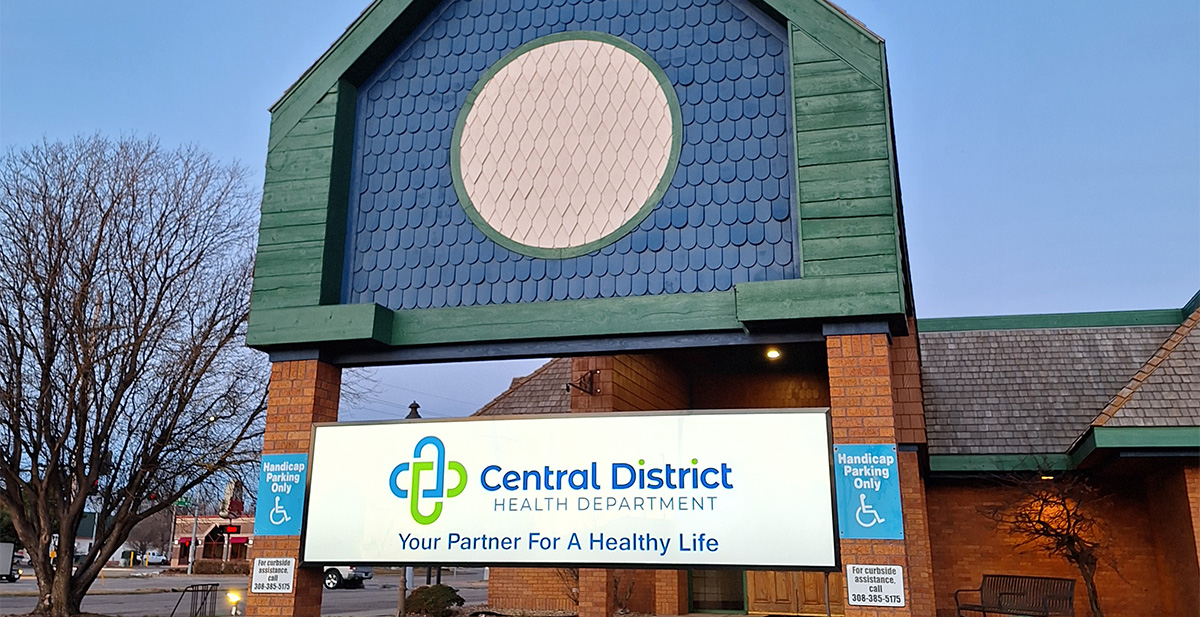Mosquito-Borne Diseases
Mosquito Season in Nebraska: What You Need to Know About Mosquito-Borne Diseases
Mosquitoes aren’t just an itchy summertime nuisance—they can also carry diseases that pose serious public health risks. As temperatures rise in Nebraska, mosquito activity increases, and so does the potential for the spread of mosquito-borne illnesses.
Mosquito-Borne Diseases Found in Nebraska
While not every mosquito is infected, certain species in Nebraska are known to carry viruses that can make people sick. The most common mosquito-borne diseases seen in our state include:
-
West Nile Virus (WNV)
The most common mosquito-borne illness in Nebraska, West Nile Virus is spread by the Culex mosquito. Most people infected have no symptoms, but about 1 in 5 may develop fever, headaches, body aches, or rashes. In rare cases, WNV can lead to serious neurological illness. -
St. Louis Encephalitis (SLE)
Though less common, SLE is a potentially serious virus spread by Culex mosquitoes. It can cause flu-like symptoms and, in severe cases, inflammation of the brain (encephalitis), especially in older adults. -
Jamestown Canyon Virus (JCV)
Rare but potentially present in Nebraska, JCV is spread by several species of mosquitoes. It can cause mild symptoms like fever and headache, or more serious illness affecting the central nervous system. -
La Crosse Encephalitis (LACV)
Primarily reported in nearby states, LACV has the potential to appear in Nebraska. It mainly affects children and can cause inflammation of the brain. -
Eastern Equine Encephalitis (EEE) (very rare)
Though not commonly reported in Nebraska, EEE has appeared in parts of the Midwest and may become more of a concern with changing mosquito patterns due to climate shifts.
Why You Should Care
Nebraska sees seasonal surges in mosquito populations from late spring through early fall. With changing weather patterns and increased outdoor activity, the risk of mosquito-borne diseases continues to be a public health priority. Even if symptoms are mild in most people, certain populations—including young children, older adults, and people with weakened immune systems—can experience severe illness.
Protect Yourself and Your Community
-
Use insect repellent with DEET, picaridin, or oil of lemon eucalyptus.
-
Wear long sleeves and pants when outdoors, especially at dawn and dusk.
-
Eliminate standing water around your home (birdbaths, buckets, old tires), where mosquitoes breed.
-
Install or repair window and door screens to keep mosquitoes outside.
-
Report dead birds to local authorities, as they can be a sign of West Nile activity.
Know the Signs
If you experience fever, headache, joint pain, fatigue, or neurological symptoms (like confusion or stiffness in the neck) after a mosquito bite, contact your healthcare provider. Early diagnosis and supportive care can prevent complications.


.png) Launch the media gallery 1 player
Launch the media gallery 1 player